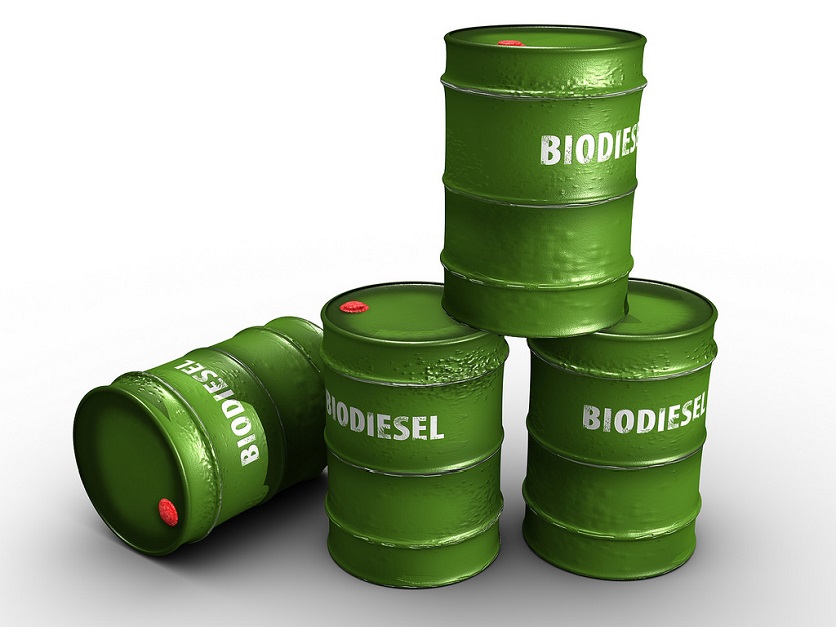WASHINGTON, July 19, 2017 - As Argentinian biodiesel imports continue to flood American ports, the National Biodiesel Board (NBB) has claimed “critical circumstances” in a new allegation filed with the Commerce Department.
Critical circumstances, if established, would allow for the imposition of duties on imports that enter the U.S. prior to preliminary determinations of subsidization and dumping. They can also allow duties to be applied retroactively. These protections are meant to discourage importers from stockpiling and making massive shipments immediately after the filing of a petition and before relief is imposed. Apparently undeterred by previous filings, Argentina has increased biodiesel imports by 144.5 percent since NBB filed its initial claim, NBB says.
“Our industry deserves relief. The law provides a remedy for U.S. industries harmed by illegal trade practices of this nature, and so we are taking the appropriate steps to ensure these unlawful actions are addressed,” said Anne Steckel, vice president of federal affairs at NBB. “Our producers should not continue to be pushed aside by increased volumes of subsidized and dumped imports.”
The Argentine government provides subsidies and various tax incentives for its biodiesel producers. Furthermore, Argentine biodiesel export taxes are declining. All of these factors make it hard for American producers to compete in their own backyard.
“When we see biodiesel from Argentina selling at a discount to the market price of soyoil – the main input into biodiesel – we know we are facing dumped pricing,” said Paul Soanes, CEO and president of Renewable Biofuels (RBF). “The United States is a key market for these exporters, and without a remedy, these unfairly traded imports are likely to continue unabated. That is a further threat to our business.”
In order to define the case as “critical circumstances,” the Commerce Department must find that there are “massive” imports over a relatively short period of time. Additional criteria must also be met, including whether the imports benefit from illegal subsidies. The NBB alleges these conditions have been met. Statistical data shows a substantial increase of 815,377 metric tons from 2015 to 2016. Argentine imports have grown exponentially in 2017.
Earlier this year, the NBB Fair Trade Coalition filed petitions with the Commerce Department and the U.S. International Trade Commission (ITC), alleging that significant increases in subsidized and dumped biodiesel imports from Argentina and Indonesia have injured U.S. producers. The petitions say the imports have taken market share away from U.S. manufacturers and suffocated U.S. investment activity.
“We have halted several plant modification projects as a result of reduced working capital, even for modest projects,” said Robert Morton, co-founder of Newport Biodiesel in Rhode Island.
On May 5, the ITC made a unanimous preliminary decision that biodiesel imports from Argentina and Indonesia had hurt U.S. producers. The U.S. Department of Commerce will announce its preliminary determinations regarding the estimated rates of subsidization and dumping on or about Aug. 22 and Oct. 20, respectively.
#30


